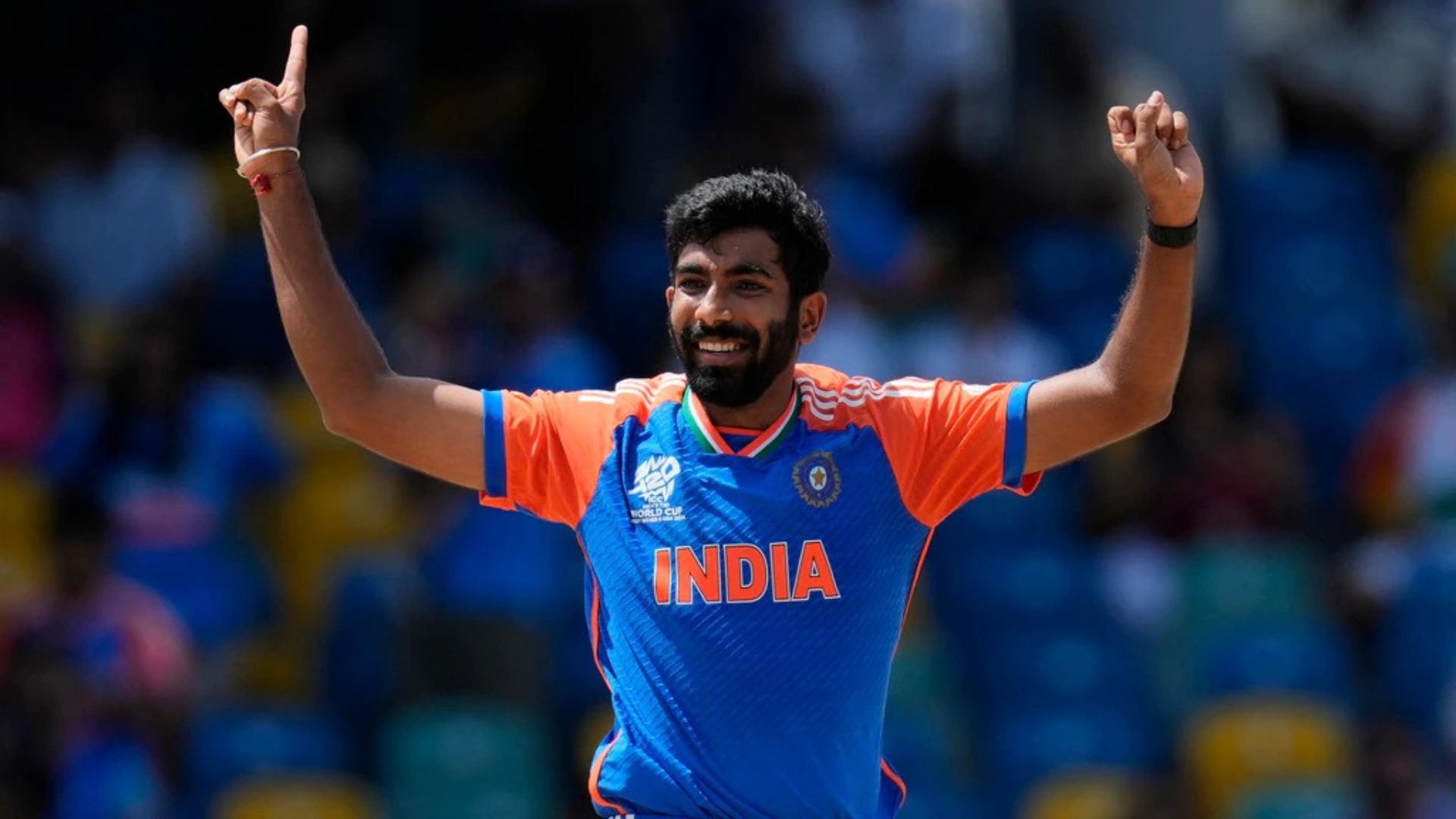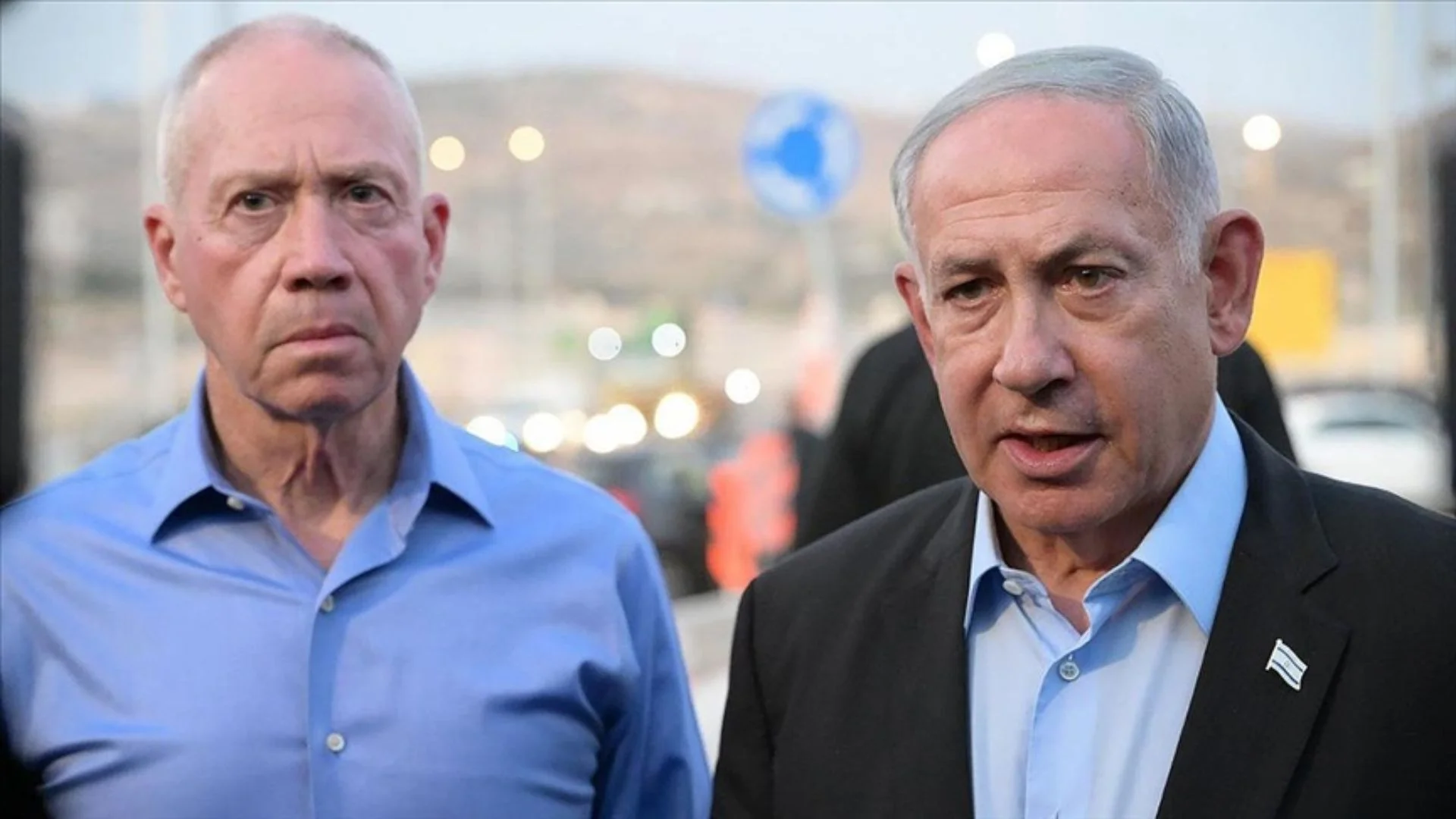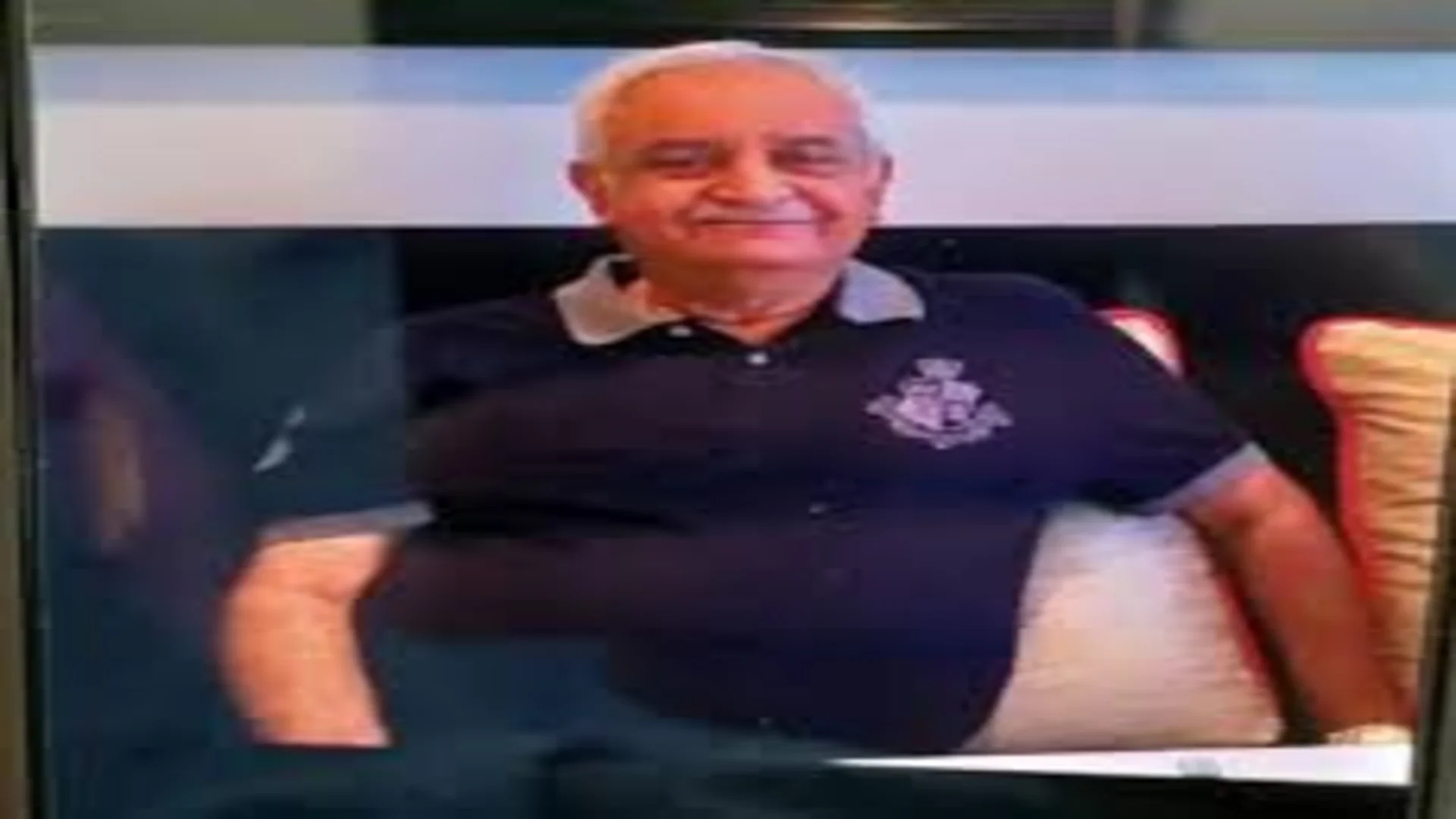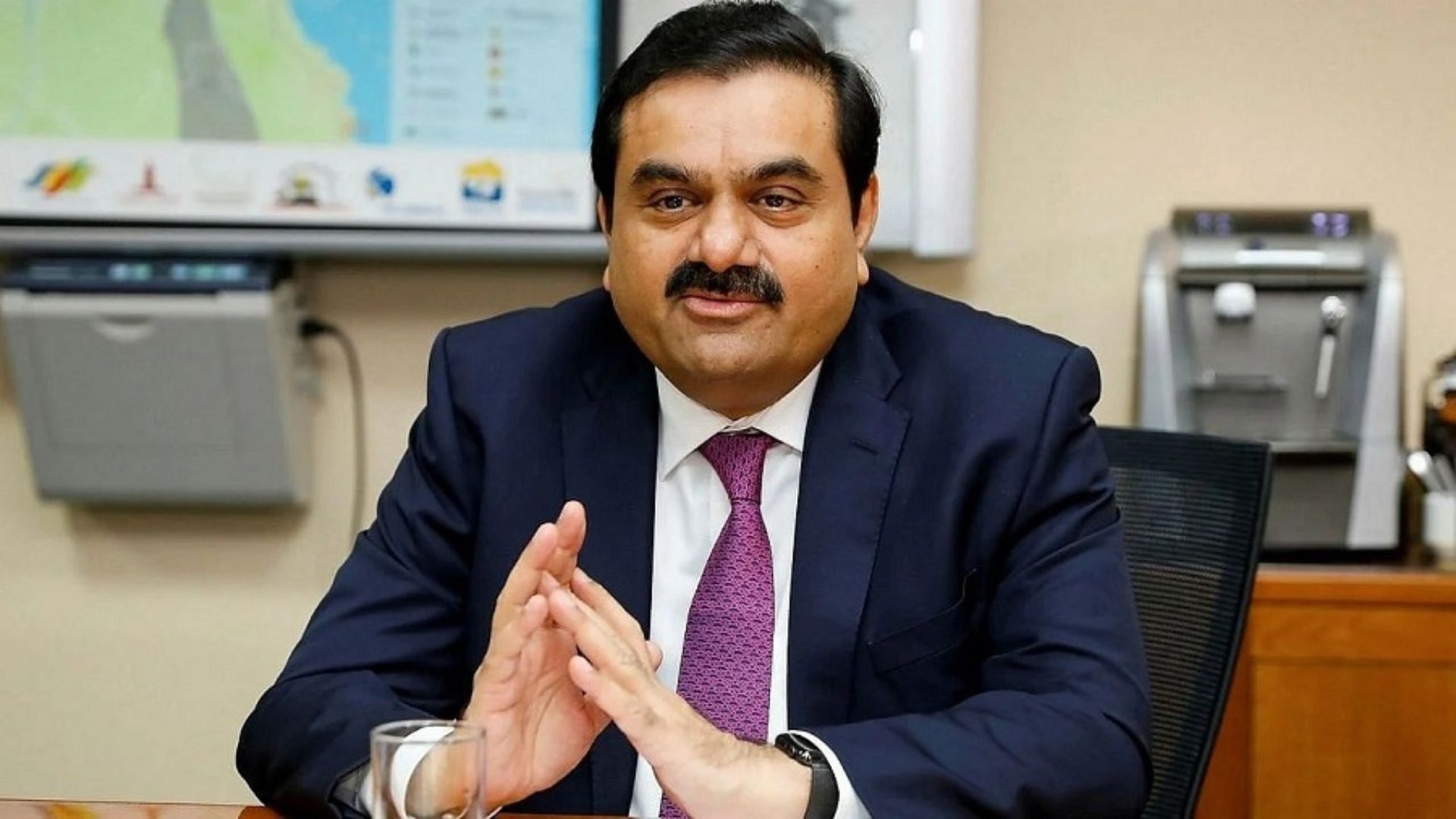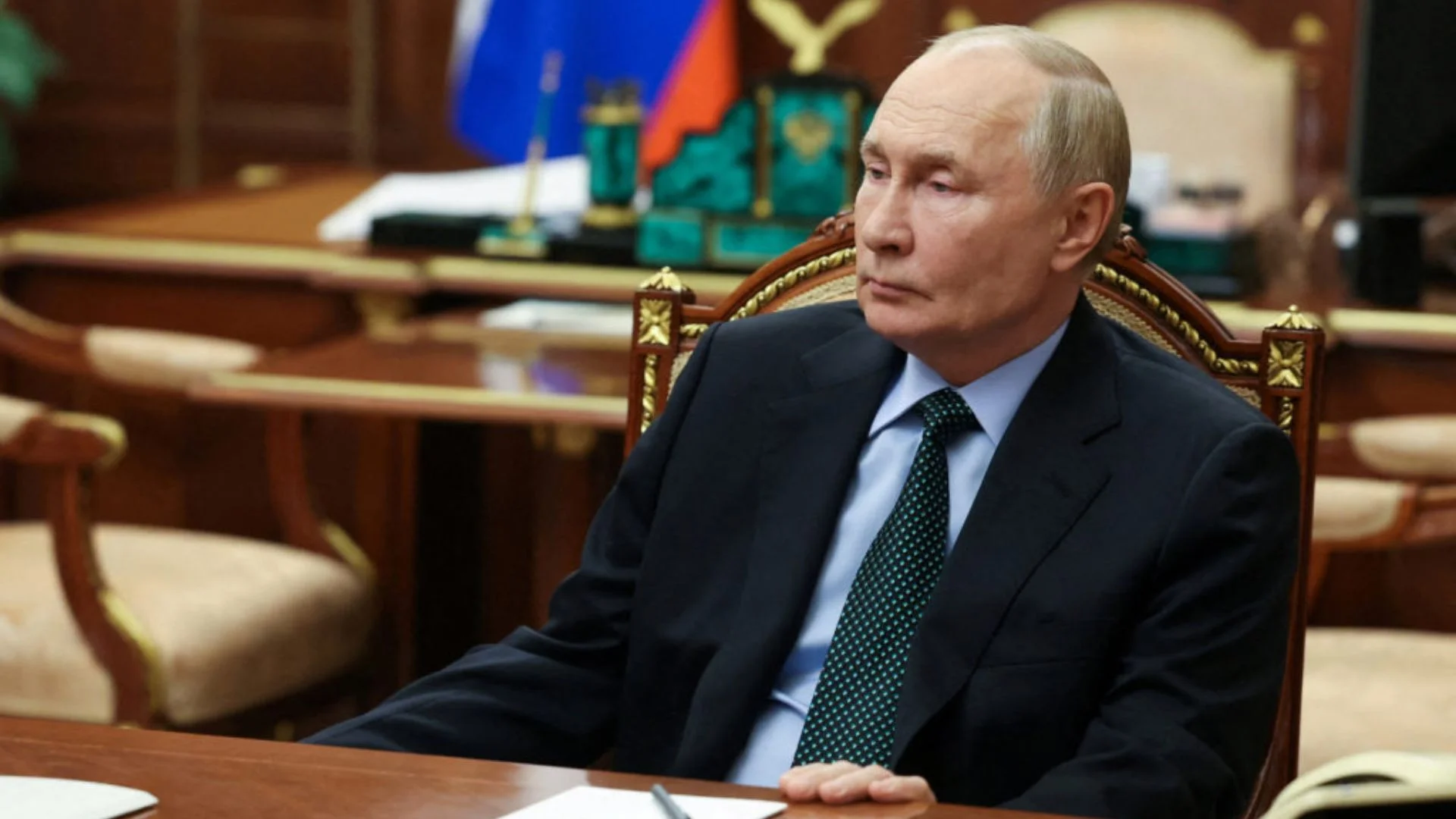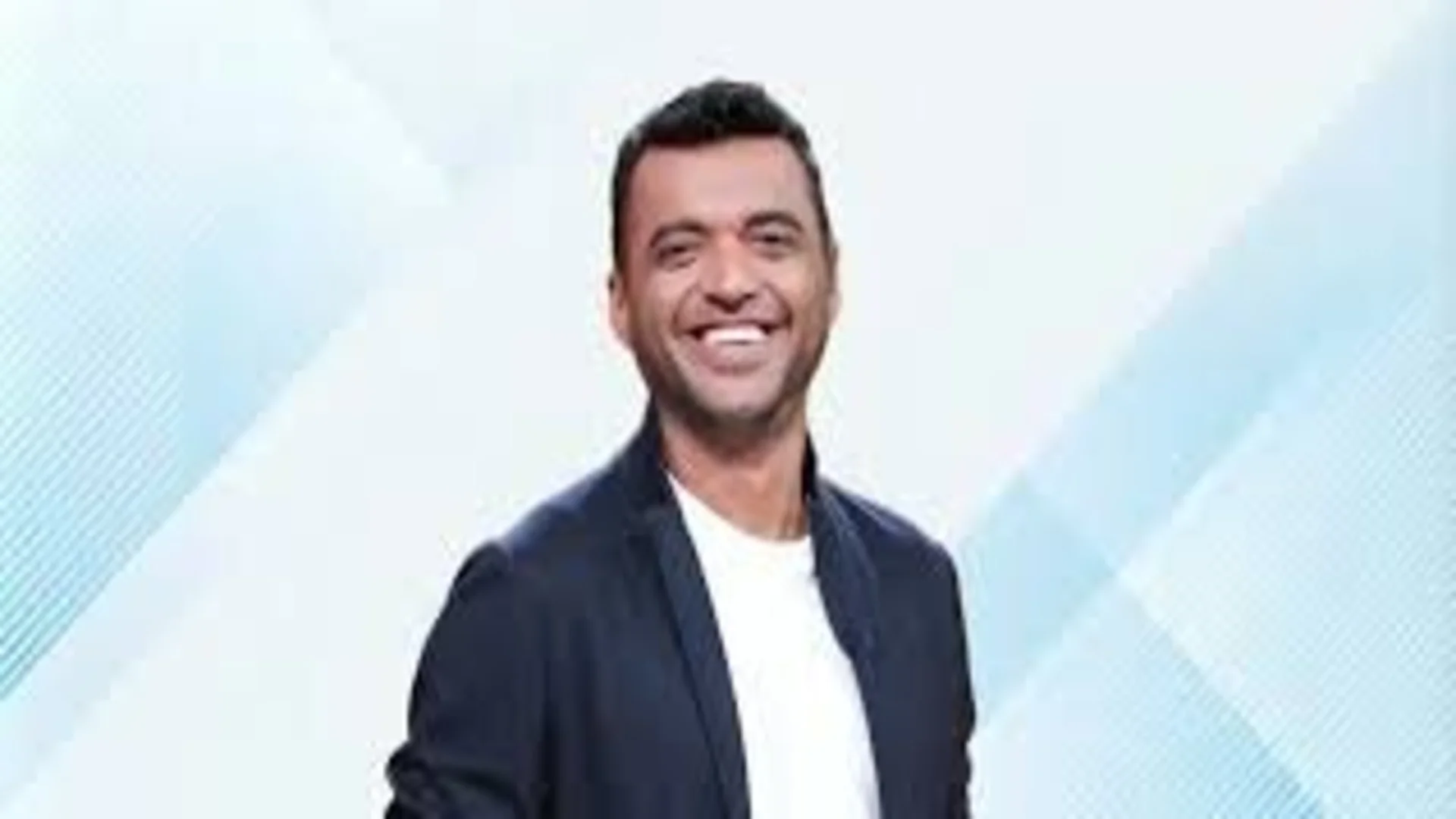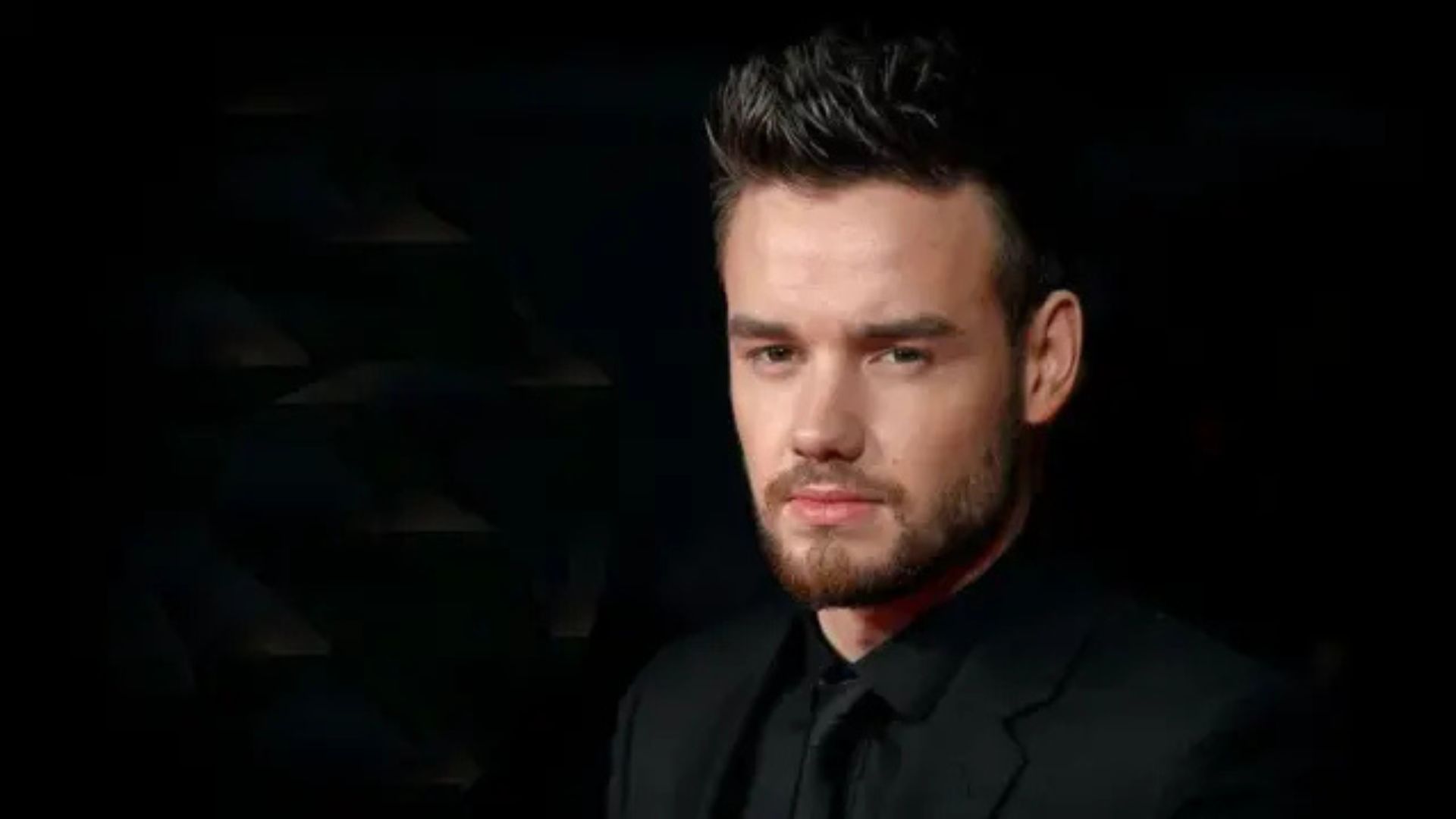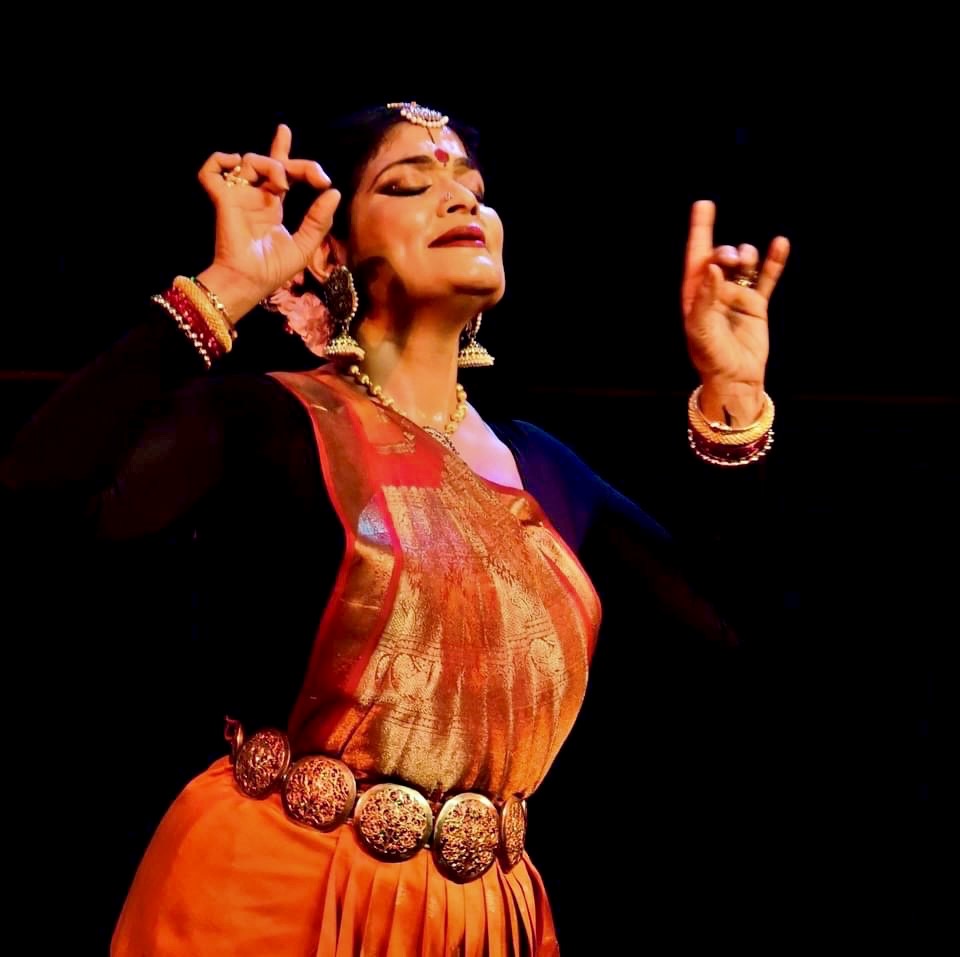
Geeta Chandran is an Indian Bharatanatyam exponent and vocalist. Trained in Carnatic music, she is a visionary and celebrated artist, recognized for her world class work in theatre, dance, education and films. In a candid conversation she gives insights about her journey.
Excerpts
Q. Can you tell us about your early experiences with Bharatnatyam and what drew you to pursue it as a career?
A. The first Guru has tremendous impact on a child’s imagination. It definitely was true in my case when Swarna Saraswathi took me under her training. She became my be all and end all; my yardstick against which I measured every other artist. Her scape and forte in Bharatanatyam – especially abhinaya, her ability at vocal music and her adroitness on the veena makes her an unusual artiste package. But, unsung and uncherished, she traversed a lonely artistic path.
As a student under stalwart Gurus my dance reflected both my age under each and my wisdom at that age. If learning under Swarna Saraswathi was dipping into the ocean, then Guru K.N. Dakshinamurti pushed me into the fast current and made my dance performance worthy. Coming from a jazzier Bharatanatyam lineage, my twenties and thirties were imbued with high voltage energy and showmanship. It was Guru Jamuna Krishnan who then tamed me and showed me the depths of sensitive lakes where I found meaning both in my dance and in myself.
Q. Can you talk about your creative process and how you approach choreography?
A. Creative choreography has happened at different times in this journey and that is why my performances have evolved in various ways; some solo or group, and some very interesting artistic collaborations. I am deeply respectful of tradition, and delving deeper into that is an amazing creative journey. The next jati, an adavu refracted differently, the linkages of how one movement seamlessly melts into the next, all these are pristine joys that my classical dance gives me. But then the other voice within, the contemporary mind, is simultaneously seeking other validations. Having grown up in a metropolis like Delhi, watching many diverse genres of work – both pan-Indian and international, impacted my artistic frame of reference and enriched my visual vocabulary and pushed me to explore “out of comfort” zones.
Q. As a dancer, how do you maintain your physical and mental stamina during rehearsals and performances, what advice would you give to aspiring dancers?
A. Dance cannot remain a habit; it must become an attitude. That is what Bharatanatyam is for me. Every thought and deed of mine is fulcrummed on the dance. My existence is woven around it. So, my physical stamina comes from my conviction, my yoga and my riyaaz. I am also an active proponent of cross training and watch sports training to understand how different professions optimize body fitness. My mental stamina comes from my sadhana – and my teaching experiences. Welcome to the ocean of joy. But like for tackling the ocean, one of course will have to first learn to swim and for that you must find a good tutor to train; as I often say, not the aunty teaching dance next door! But to reach the true meaning of that vast ocean, find a guru who can guide you well not only on how to move and perform, but how to find deeper meanings and inner fulfilment.
Simultaneously, work on physical fitness. Be extremely regular with practice. Eat well. Sleep well. Train your imagination. Be well read; in fact, read everything. Be socially aware. If these are pursued with rigor and honesty, the path will unfold for you.
Q. You have been actively involved in promoting and preserving the traditional dance through your dance company NatyaVriksha. How has the journey been?
A. NATYA VRIKSHA has evolved as an interesting laboratory for exploring an alternate teaching-learning pedagogy. Again, synthesizing what my gurus gave me, I have woven multiple streams of learning into the core Bharatanatyam lesson to make the experience dynamic, contemporary, and forward looking. At Natya Vriksha we probe the continuing relevance of classical tradition in a world of changing values.
NATYA VRIKSHA celebrates the aesthetics of Bharatanatyam and its history but equally asks how the tenets of the dance can be employed as a means of communicating issues of contemporary concern, even while exploring linkages between history and continuity, between external body and internal mind-space, between artist and audience.
Q. How has technology influenced the way Bharatnatyam is taught, performed, and appreciated today?
A. In some ways technology has aided young dancers to perform more frequently since high quality recorded music is now possible and also accepted by organizers both in India and abroad. Live music is becoming a luxury. Through the pandemic and after, has embraced teaching classes online, which has a huge outreach possibility – but with a huge number of limitations too.
During my time teachers would not even permit a book and pencil into the class. Everything was imbibed in the pristine shruti-smriti tradition. See and learn; repeat and imbibe. But the technology tsunami washed away all that. Today everything is recorded in both audio and visual formats. But then do they use that to optimum impact?
Q. Can you share a particularly memorable performance or achievement? Tell us some of your upcoming projects?
A. Dancing inside the temple precincts of the Radha Raman temple in Vrindavan is an experience sans par. There I am amidst the most common folk of believers. To me the public reaction to my art is what is most precious. If my art can move unknown people to tears and if it encourages youth to probe deeper into our cultural ethos, my mission is done.
WORLD DANCE DAY celebrations are afoot. Interesting workshops, lectures, seminars and performances are planned. To ensure that audiences enjoin and participate as one community is a huge task. Other performance plans are afoot too: One on Search, another on UNESCO’s mandate, another on ugliness…arangetrams by talented disciples…performances by the Dance Company…the projects to look forward to are simply endless!
Suman Doonga is an educationist and social worker with a passion to preserve and promote Indian art and culture.
